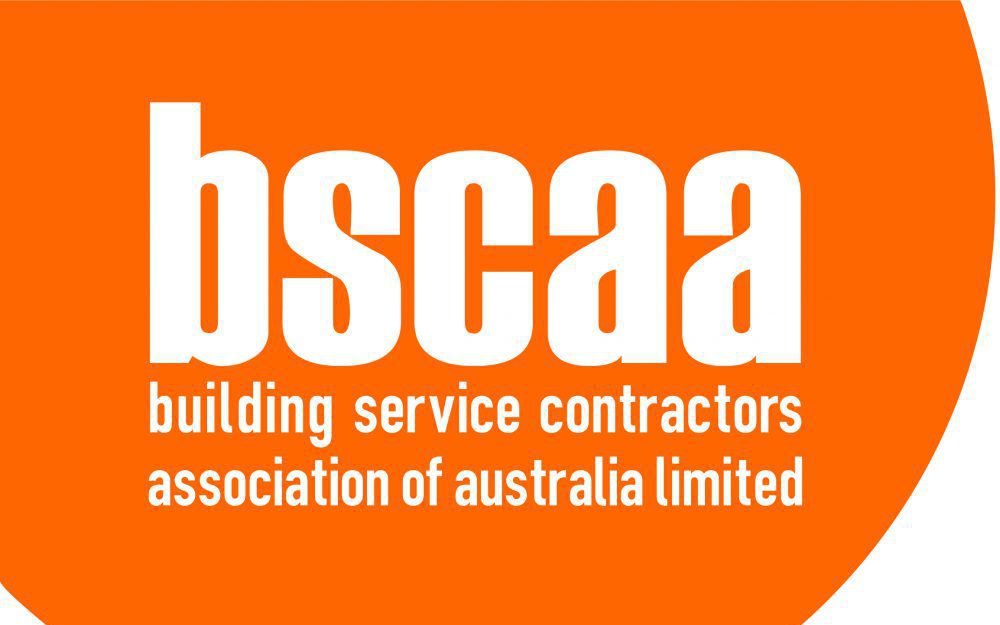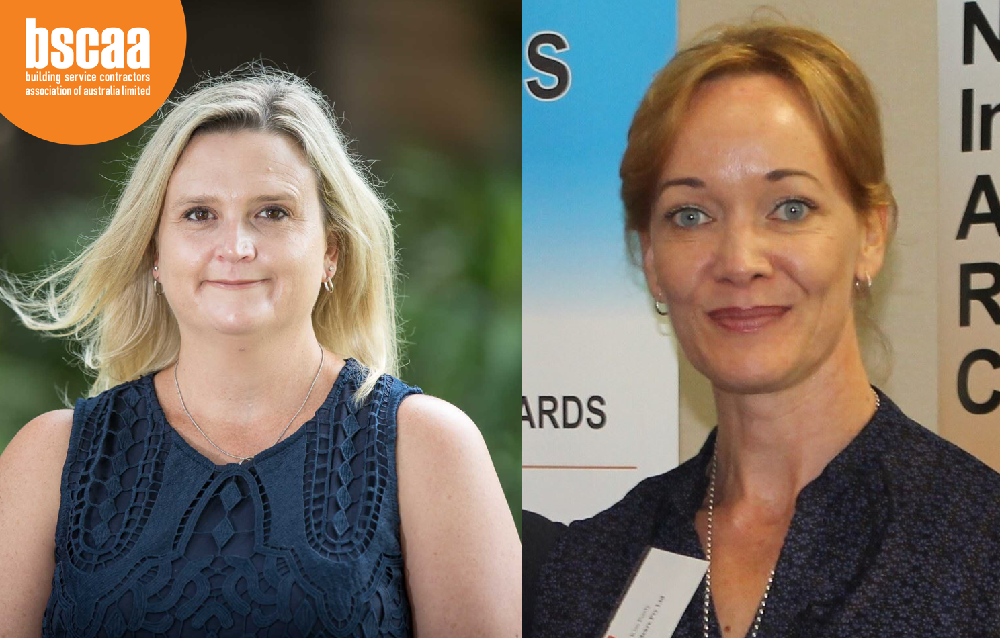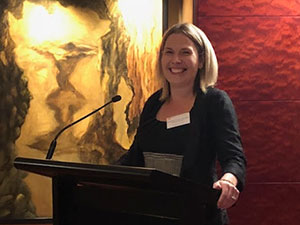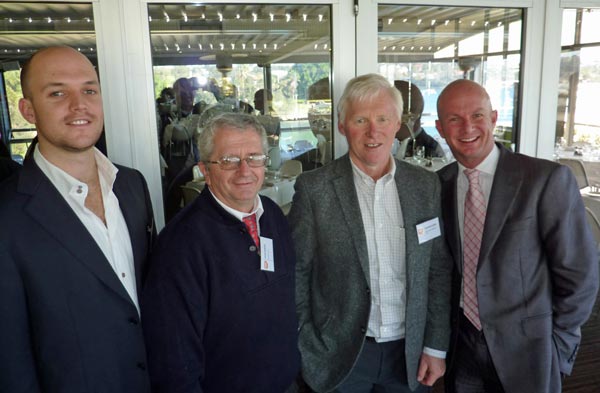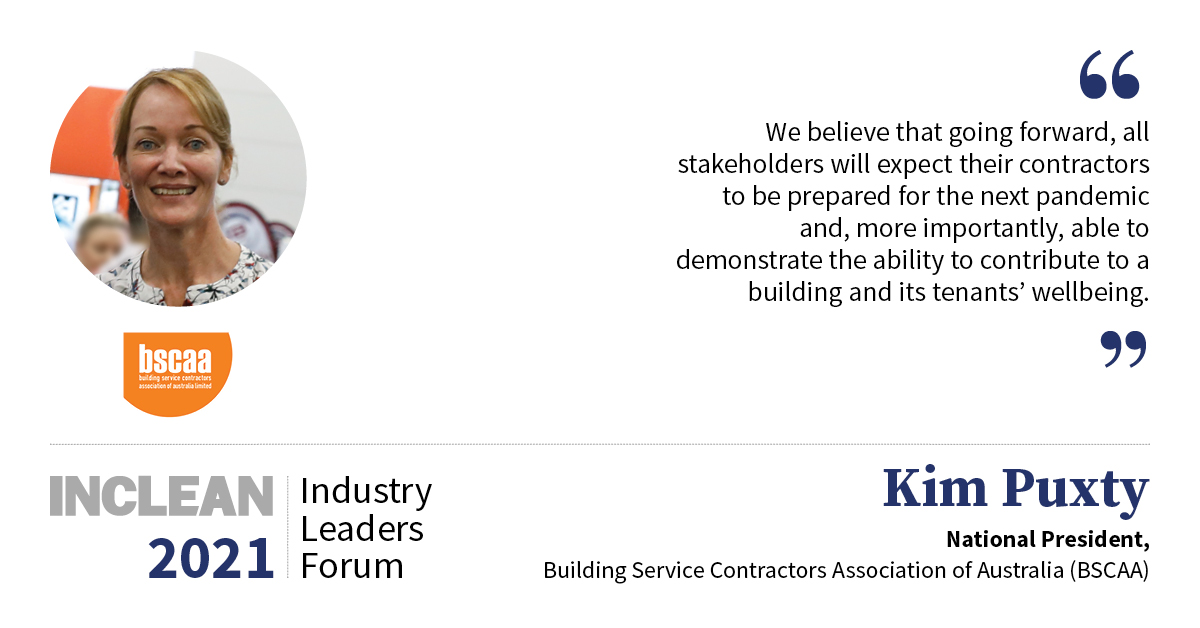
How was 2020 for BSCAA? What were the highlights? What were the challenges?
BSCAA had a busy 2020, it was a year of adapting to the changing environment due to COVID-19.
Highlights for the year included delivering concise and prompt information to our members during the pandemic, to assist them in navigating their business through an unpredictable environment. We are proud of our ability to continue our national meetings via Zoom and maintain the integrity and productive outcomes for the association.
The new world of virtual meetings enabled BSCAA to become more involved in projects that may not have been possible previously, due to time constraints with travel. Virtual meetings have increased BSCAA’s ability to be more involved, not just nationally but internationally.
Pushing for recognition of the cleaning industries as one of the frontline workers during the pandemic was challenging. The cleaning industry worked around the clock to ensure the safety and wellbeing of their staff and the community, with a limited amount of time to formulate a pandemic management process and updated training programs.
BSCAA provided members access to relevant resources, such as HPC Solutions’ Guide to Cleaning for COVID-19 developed by Bridget Gardner, up to date COVID-19 information, training and processes to support the development of COVID-19 safe practices.
How would you rate the industry’s response to the pandemic?
BSCAA members responded exceedingly well to the pandemic, leading the drive along with other front-line workers to keep our communities safe.
The need for businesses to up or down scale operations based on their mix of essential or non-essential clients was immediate.
Logistical challenges surrounding the mobilisation and training of staff in infection control measures, accessing essential PPE from a ‘broken’ supply chain, and the need to be reactive to clients changing needs presented many challenges for our industry.
Our members have and continue to work tirelessly through the pandemic. It is gratifying that our efficiency in responding to the pandemic sees our members being recognised for the important work they do. We are essential workers and hope that this re-evaluation of the value derived for ethically and professionally delivered cleaning services, will not be short lived.
How will BSCAA engage with members and the market in 2021?
Now more than ever there is a need for cleaning organisations to be to belong to the BSCAA. The rapidly changing global environment we work in necessitates the need for accurate and up to date information.
Our engagement will focus on virtual events, social media, and face-to-face functions in States that permit. Our ability to gather and disseminate relevant information to our members has been exemplary during the pandemic. We will continue to be a source of truth for key stakeholders in our industry moving forward.
Outside of COVID, we continue to push for a more co-operative approach to national operations. While state interests will still be managed by state boards, there is a recognition that pooling specific national resources will benefit members.
Our ability to reduce the duplication of activity through a co-operative national approach, will significantly free up local resources, ensuring the most effective use of the boards volunteer inputs.
We are also pleased to be engaged in the review of cleaning qualifications for Certificates 2, 3 and 4 as part of the overseeing Technical Advisory Group. This project is expected to be finalised mid-2021.
How will COVID-19 impact the industry in 2021 and beyond?
Industry dependent, it is expected that a hybrid model of working from the office and home will become the new norm.
Many employees have embraced the opportunity to work from their residence, finding that a decrease in social distraction and commuting time has increased their productivity.
This has resulted in some building owners and property managers being hit hard with requests for rental reductions and loss of tenants due to business closure.
This will have a flow on effect for the cleaning sector as funds become tighter and tenant push for expenses to be cut. While we may see a temporary downturn in ‘traditional’ office cleaning, essential services should continue to see an increase in cleaning activity. Sectors such as aged care, health, transport, and education will require a greater level of cleaning to ensure they can continue operations without interruption.
As time progresses and we increase our capacity to ‘live’ with COVID in the workplace, employers will want to reassure staff that it is safe to return to the office – perception is everything. Accordingly, we are expecting to see more visibility around cleaning activities whilst people are on site during the day.
It is anticipated that there will be a change in how cleaning specifications are written to include HTP cleaning as a standard service. In addition, the ability to provide pandemic and/or infection control management and training processes will become more important when tendering for work.
Our industry has been pushed to the forefront, effectively responsible for reducing the risk of transmission of a dangerous illness. We believe that going forward, all stakeholders will expect their contractors to be prepared for the next pandemic and, more importantly, able to demonstrate the ability to contribute to a building and its tenants’ wellbeing.
What is one issue the industry should urgently address in 2021?
The industry needs a clear benchmark for what is acceptable cleaning, and how it is delivered ethically. Once this benchmark is clear, it will better inform property managers and building owners before engaging a contractor and mitigating potential illegal engagement.
What additional advice or guidance do you have for the cleaning community now and after the pandemic?
Even as the immediate risk of contracting COVID-19 in Australia appears to have diminished, it is still vitally important that we maintain good cleaning and disinfection principals. The TGA website is an excellent guide to the products currently endorsed by the TGA for use in ‘killing’ COVID-19 virus on hard surfaces. Significant fines have been levied for companies making false claims in their marketing — be careful what you promise. Before making claims about what you can do, consider the following:
- Are your staff adequately trained in all aspects of the job? Do they understand the risks? Do they know how to appropriately use the PPE? Can you verify the staff have had appropriate training?
- Have you supplied the correct PPE, and do you have processes in place to ensure it is being used correctly at all times?
- Are you using the correct techniques, i.e. cleaning before disinfecting? Are you using the appropriate products? Are standard WHS protocols being met, i.e. labelled spray bottles, appropriate dilution techniques?
- Are you providing the correct level of clean to address the client’s requirements? Do you understand the client’s requirements? High touch point cleaning, a precautionary clean, and a confirmed COVID-19 clean are quite different, and whilst the cleaning provider may have a good understanding of the differences, the client phoning in the request may not. Make sure you are giving them what they really need.
- Always make yourself aware of the fine print of the products you are basing your cleaning around. Some products may claim residual efficacy; make sure you understand what it means (and what it doesn’t mean).
This article first appeared in the January/February issue of INCLEAN magazine.
Read the original article here.
Comment below to have your say on this story.
If you have a news story or tip-off, get in touch at info@3.106.117.80.
Sign up to INCLEAN’s newsletter.
